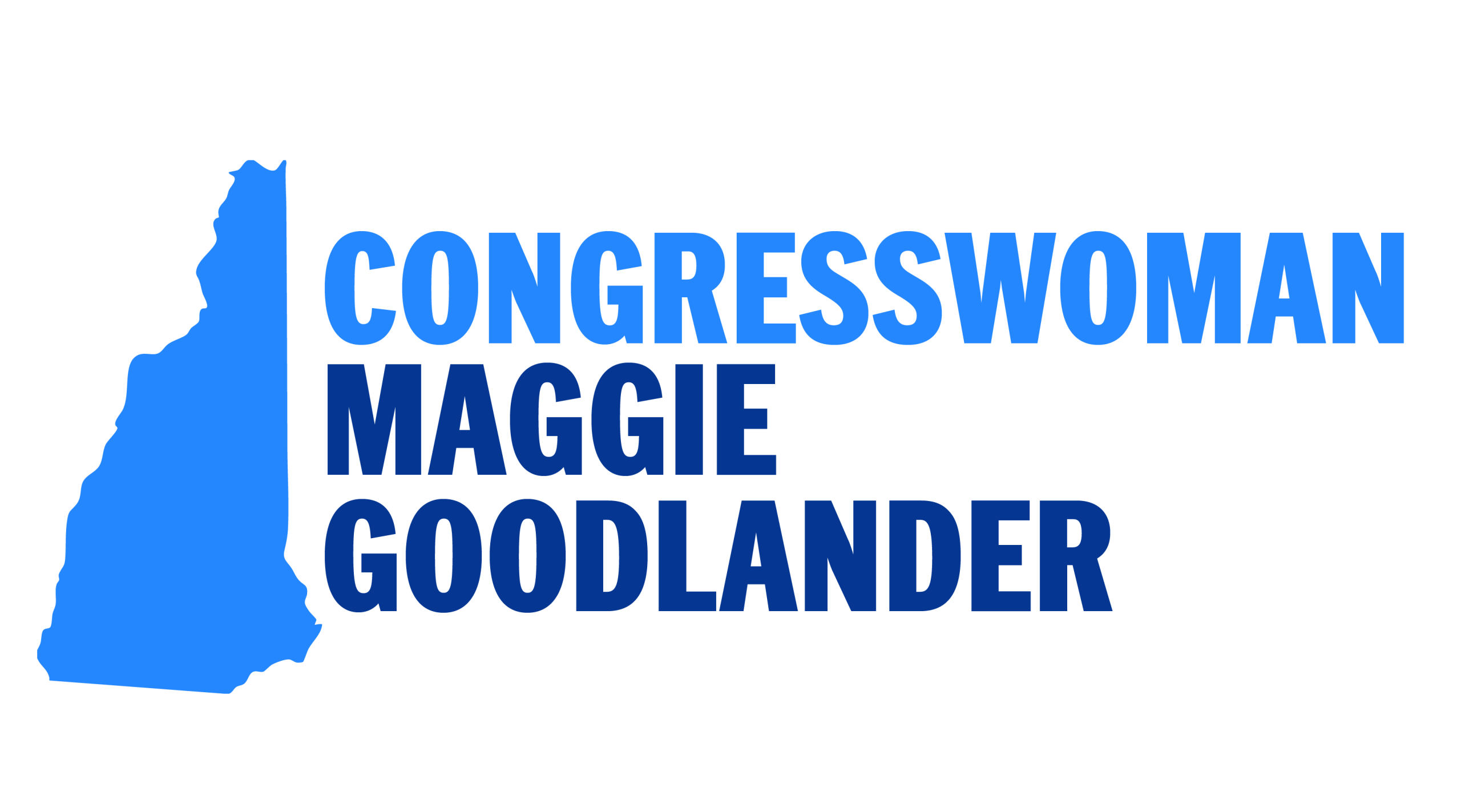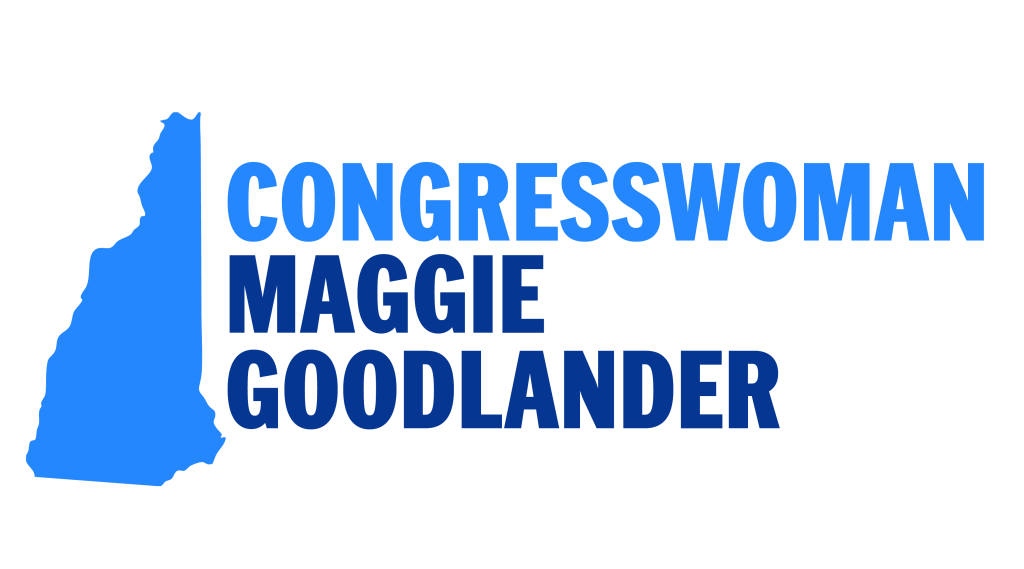This summer, about 60 students are supposed to gather on the University of New Hampshire campus for Upward Bound — a program that helps first-generation and low-income students start preparing for life at college.
The students have applied and been selected to participate, but it’s unclear whether they’ll have the opportunity to do so amid uncertainty over federal funding.
All of the funding for Upward Bound comes from the US Department of Education, which the Trump administration is seeking to dismantle. That’s jeopardizing programs and funding in New Hampshire that support the neediest students, according to educators and school officials, who spoke during a discussion hosted Monday by Democratic Senator Maggie Hassan and Congresswoman Maggie Goodlander.
“Higher education is somewhat in chaos right now,” Catherine Provencher, chancellor of the University System of New Hampshire, said during the discussion.
Joshua Gagnon, director of the Upward Bound program at UNH, said the program still hasn’t received funding for the summer, and without it, the university will be unable to move forward with the program. About $591,000 was budgeted for the program this year.
“As of midnight on May 31, I don’t have any funding,” he said in an interview after the discussion. There are a total of 114 students in the yearlong program who would not be able to participate, Gagnon said, and there are also four full-time staff people whose jobs could be on the line.
Mostly, he’s concerned about the consequences for the first-generation and low-income students the program supports. It’s one of 10 so-called federal TRIO programs around New Hampshire, first established by Congress in 1965 to help low-income students. Gagnon said President Trump has made budget proposals that would eliminate all of the TRIO programs.
Right now, they serve about 2,280 students in New Hampshire per year, helping to connect students to tutoring, counseling, mentoring and financial guidance.
“We do a good job supporting these students because these programs exist,” Gagnon said.
Erika Schofield, 25, is now working as a nurse after obtaining her nursing degree from UNH with the support of TRIO.
“If it wasn’t for the support of TRIO, I don’t think I would be a nurse right now,” she said.
As a first-generation college student, she said money for school was tight: Her father had substance use disorder, and she was raised by a single mom who supported two children with a waitressing job.
“There were a lot of moments where I didn’t even know I was going to be able to go to school the next week, let alone finish my degree,” she said. At times, she said, “It felt insurmountable.”
Facing the cost of lab fees, uniforms, and stethoscopes, she credited TRIO with helping her find the scholarships to make ends meet.
Schofield finished her degree in 2022, and she now works at Wentworth-Douglass Hospital in Dover, a job that enables her to provide for her family, she said.
“It makes me sad to think that kids growing up with backgrounds like I had might not have that opportunity if TRIO was cut,” she said.
While the funding for TRIO has already been approved and appropriated by Congress, it hasn’t necessarily been distributed.
“Many of us believe this is a violation of federal law, which says, once Congress appropriates money and directs it to be spent, that the administration has to spend it,” Hassan said during the panel discussion Monday.
But, she added, the Office of Budget and Management director, Russell Vought, “told me he just doesn’t believe he has to follow that law. And so that’s our challenge.”
Hassan said some states with Democratic Attorney Generals have had success in court shaking loose some of the funds, but New Hampshire is not among them.















